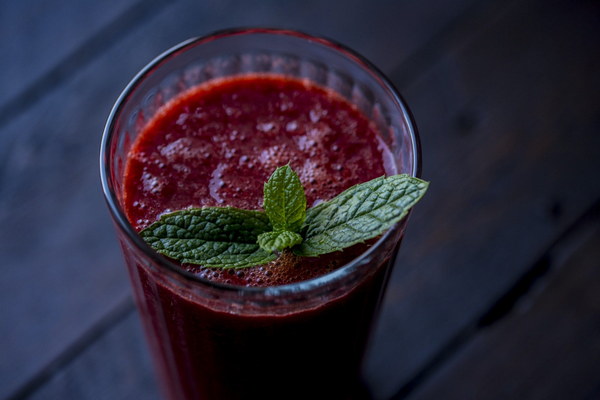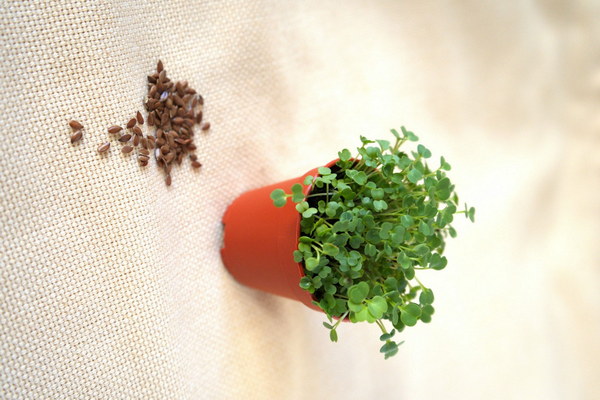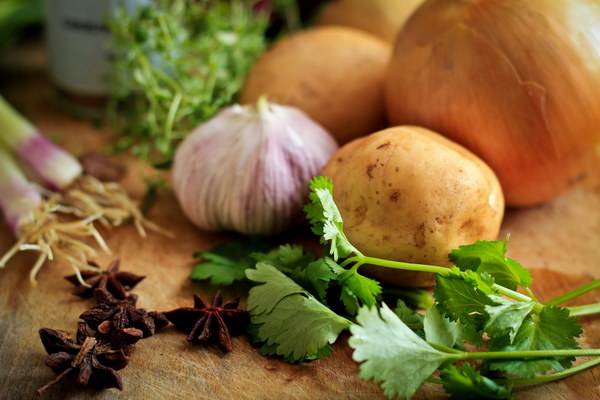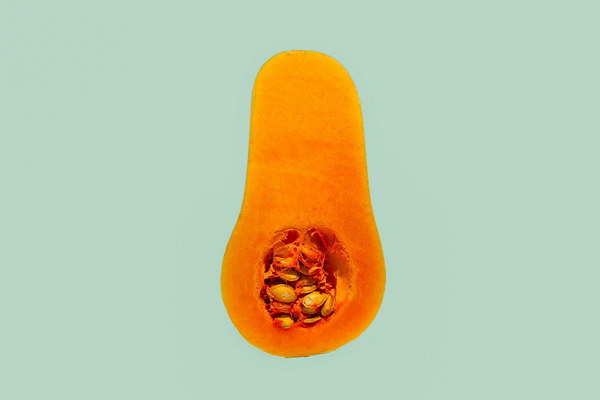Harmonizing Yin and Yang The Perfect Combination of Alisma and Kidney Tonics
In traditional Chinese medicine, the concept of balancing Yin and Yang is fundamental to achieving overall health and well-being. One such herb that has been widely used for its ability to harmonize the Yin and Yang energies in the body is Alisma orientalis, commonly known as Alisma. When combined with other kidney tonics, Alisma can enhance its therapeutic effects and help in addressing various kidney-related imbalances. This article delves into the world of Alisma and its perfect companions in restoring kidney Yin and Yang balance.
Alisma orientalis, a plant with a long history of use in traditional Chinese medicine, is known for its diuretic, anti-inflammatory, and detoxifying properties. It is primarily used to treat edema, jaundice, and urinary tract infections. Alisma's ability to expel dampness and clear heat from the body makes it an excellent choice for balancing kidney Yin and Yang.
One of the most commonly used herbs in combination with Alisma for kidney tonification is Rehmannia glutinosa, or Chinese Foxglove. Rehmannia is a well-known kidney Yin tonic that nourishes the kidneys, strengthens the bones, and improves fertility. When combined with Alisma, Rehmannia helps to expel dampness while simultaneously nourishing and replenishing kidney Yin.
Another herb that complements Alisma and Rehmannia is Codonopsis pilosula, or Chinese Codonopsis. Codonopsis is a popular adaptogen known for its ability to enhance the immune system and increase energy levels. As a kidney Yang tonic, Codonopsis works in synergy with Alisma and Rehmannia to strengthen the kidneys, boost libido, and alleviate fatigue.
Here's a breakdown of the herbal combination for balancing kidney Yin and Yang:
1. Alisma orientalis (Alisma): Clears dampness and heat, promotes diuresis, and detoxifies the body.
2. Rehmannia glutinosa (Chinese Foxglove): Nourishes kidney Yin, strengthens bones, and improves fertility.
3. Codonopsis pilosula (Chinese Codonopsis): Boosts immune system, enhances energy, and strengthens kidney Yang.
When these herbs are combined, they create a powerful blend that addresses kidney imbalances from both a Yin and Yang perspective. The following recipe provides a guideline for creating a herbal decoction that combines Alisma, Rehmannia, and Codonopsis:
Ingredients:
- 50g Alisma orientalis (Alisma)
- 30g Rehmannia glutinosa (Chinese Foxglove)
- 20g Codonopsis pilosula (Chinese Codonopsis)

Instructions:
1. Rinse all the herbs thoroughly.
2. Place the herbs in a pot and cover them with 1 liter of water.
3. Bring the water to a boil, then reduce the heat to a simmer and let it cook for about 30 minutes.
4. Strain the mixture through a fine sieve or cheesecloth, and discard the herbs.
5. Divide the decoction into two servings and consume one serving twice daily.
It is important to note that while herbal combinations can be beneficial, it is always best to consult with a qualified herbalist or healthcare provider before starting any new treatment. Additionally, the use of herbal remedies should be tailored to the individual's specific needs and health conditions.
In conclusion, the perfect combination of Alisma orientalis with Rehmannia glutinosa and Codonopsis pilosula can help restore kidney Yin and Yang balance. By addressing both aspects of kidney health, this herbal blend offers a holistic approach to kidney care, promoting overall well-being and vitality.









